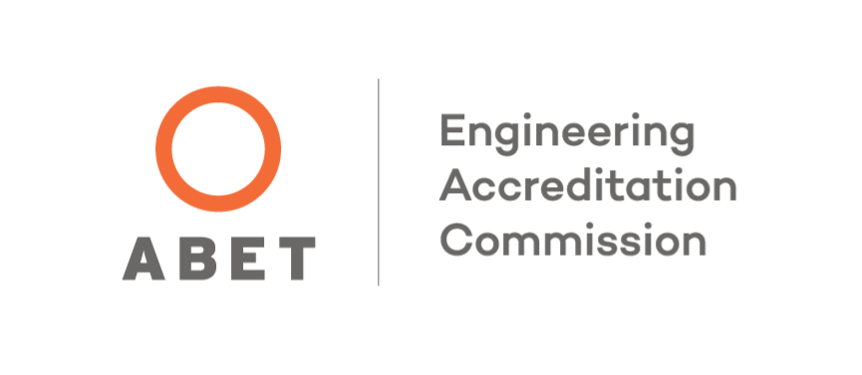Mechanical Engineering accreditation
The BS in Mechanical Engineering at Northern Arizona University is accredited by the Engineering Accreditation Commission of ABET, under the commission’s General Criteria and Program Criteria for Mechanical and Similarly Named Engineering Programs.

The BS in Mechanical Engineering at Northern Arizona University is accredited by the Engineering Accreditation Commission of ABET, under the commission’s General Criteria and Program Criteria for Mechanical and Similarly Named Engineering Programs.
Program educational objectives
The educational objectives of the Mechanical Engineering program are to produce graduates whose expected accomplishments within three to five years of graduation are to achieve the following:
- Successfully applied their knowledge of mechanical engineering principles, critical thinking, and problem solving skills in the professional market or in graduate school
- Conducted themselves in a responsible, professional, and ethical manner
- Demonstrated command of technical, communication, and professional skills necessary to assume leadership roles
- Actively continued the process of lifelong learning to keep up to date with the advancement of the engineering profession and to acquire new skills
Student outcomes
The student outcomes that prepare graduates to attain the program educational objectives are:
- An ability to identify, formulate, and solve complex engineering problems by applying principles of engineering, science, and mathematics
- An ability to apply engineering design to produce solutions that meet specified needs with consideration of public health, safety, and welfare, as well as global, cultural, social, environmental, and economic factors
- An ability to communicate effectively with a range of audiences
- An ability to recognize ethical and professional responsibilities in engineering situations and make informed judgments, which must consider the impact of engineering solutions in global, economic, environmental, and societal contexts
- An ability to function effectively on a team whose members together provide leadership, create a collaborative environment, establish goals, plan tasks, and meet objectives
- An ability to develop and conduct appropriate experimentation, analyze and interpret data, and use engineering judgment to draw conclusions
- An ability to acquire and apply new knowledge as needed, using appropriate learning strategies
